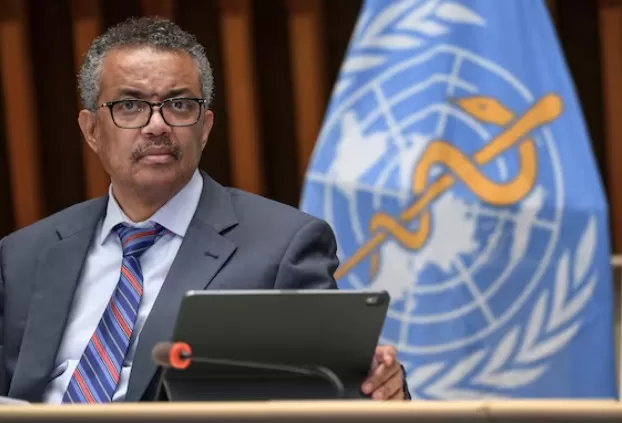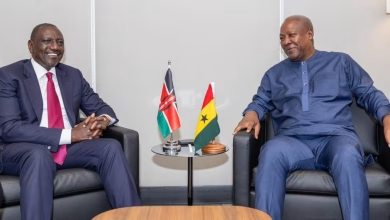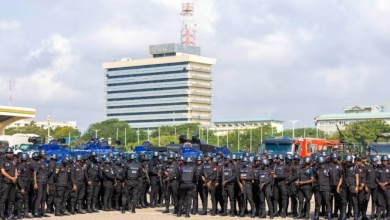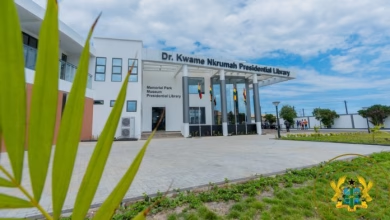Global Pact on Pandemics: WHO Urges Countries to Meet Deadline

- Deadline nears for global agreement on fighting future outbreaks.
- WHO urges unity for a stronger global health defense system.
- Some wealthy countries resist what they see as WHO power grab.
- Developing nations push for equitable vaccine access in the proposed accord.
As the deadline for negotiations approaches on May 10th, the World Health Organization (WHO) has intensified its call for countries to finalize a landmark accord designed to strengthen the world’s defenses against future pandemics. This accord, along with proposed updates to existing pandemic response protocols, aims to address the shortcomings laid bare by the devastating COVID-19 crisis.
The urgency for a global agreement stems from the immense human cost of the COVID-19 pandemic. Millions of lives were lost, and healthcare systems around the world were overwhelmed. The new accord seeks to prevent such a scenario from repeating by ensuring a more coordinated and efficient response to future outbreaks.
However, achieving consensus among WHO’s 194 member states is proving challenging. Key sticking points remain, particularly concerning the equitable distribution of resources like vaccines and treatments. Developing nations are pushing for a system that guarantees fair access to these vital tools, a concern highlighted by the inequities witnessed during the COVID-19 pandemic.
Wealthy nations, on the other hand, have expressed reservations about the proposed accord. Some politicians, particularly right-wing figures in countries like the US and Australia, argue that the legally binding nature of the accord cedes too much authority to the WHO, a UN agency.
Director-General Tedros Adhanom Ghebreyesus has vehemently contested these claims, emphasizing that the accord would empower nations to tackle potential outbreaks more effectively. He urged member states to prioritize the well-being of their citizens and reach an agreement by the deadline.
“Give the people of the world, the people of your countries, the people you represent, a safer future,” Tedros implored at a meeting in Geneva. Underscoring the gravity of the situation, he pleaded, “So I have one simple request: please, get this done, for them.”
The potential impact of this accord is significant. If successfully implemented, it could represent a historic milestone in global health cooperation. The 2003 tobacco control treaty remains the only legally binding agreement ever achieved by WHO member states in its 75-year history. A pandemic accord would mark a substantial step forward in building a more resilient global health architecture.
The path to finalizing the accord remains uncertain. Overcoming the political and economic hurdles is crucial. The coming days will be critical, with negotiators racing against the clock to find common ground and forge a united front against future pandemics. The success of this endeavor will determine the world’s preparedness for the next health crisis, potentially saving millions of lives and safeguarding global health security.






